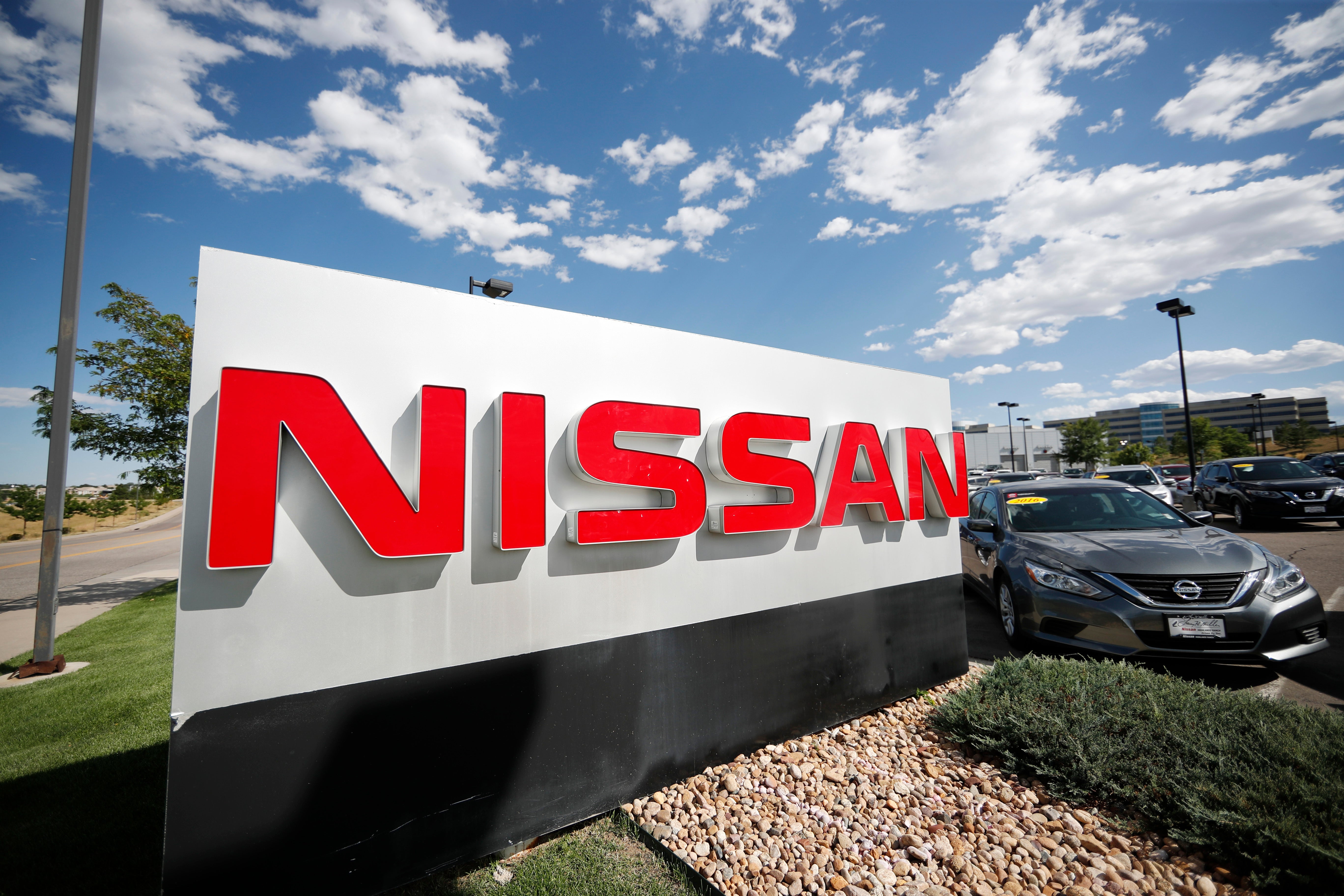How to tell if your older vehicle has a potentially dangerous Takata air bag under recall
Despite a long string of recalls that began more than two decades ago, about 6.2 million vehicles with potentially dangerous Takata air bag inflators remain on U.S. roads today

Your support helps us to tell the story
From reproductive rights to climate change to Big Tech, The Independent is on the ground when the story is developing. Whether it's investigating the financials of Elon Musk's pro-Trump PAC or producing our latest documentary, 'The A Word', which shines a light on the American women fighting for reproductive rights, we know how important it is to parse out the facts from the messaging.
At such a critical moment in US history, we need reporters on the ground. Your donation allows us to keep sending journalists to speak to both sides of the story.
The Independent is trusted by Americans across the entire political spectrum. And unlike many other quality news outlets, we choose not to lock Americans out of our reporting and analysis with paywalls. We believe quality journalism should be available to everyone, paid for by those who can afford it.
Your support makes all the difference.Despite a long string of recalls that began more than two decades ago, about 6.2 million vehicles with potentially dangerous Takata air bag inflators remain on U.S. roads today.
On Wednesday, Nissan warned drivers of about 84,000 older Nissan and Infiniti vehicles not to drive them because the front passenger inflators can explode with too much force in a crash, spewing metal fragments that could kill or injure people.
The Nissan recall includes cars and SUVs as old as the 2002 model year that were recalled in 2020. In some cases, the fragments hit more than one person in a vehicle.
In all, 67 million front driver and passenger inflators were included in what turned out to be the largest automotive recall in U.S. history. About 100 million inflators were recalled worldwide.
But despite years of publicity, recall letters and phone calls from automakers, about 9% of the recalled vehicles remain on the road without repairs.
Here's what you need to know if you own an older vehicle that may have the faulty inflators:
WHAT VEHICLES HAVE RECALLED TAKATA INFLATORS?
Vehicles from 34 automotive brands eventually were recalled because they have the faulty inflators. Models from Acura, Audi, BMW, Cadillac, Chevrolet, Chrysler, Daimler Trucks, Daimler Vans, Dodge/Ram, Ferrari, Fisker, Ford, GMC, Honda, Infiniti, Jaguar, Jeep, Land Rover, Lexus, Lincoln, Mazda, McLaren, Mercedes-Benz, Mercury, Mitsubishi, Nissan, Pontiac, Saab, Saturn, Scion, Subaru, Tesla, Toyota, and Volkswagen were recalled. A complete list of models can be found on the National Highway Traffic Safety Administration website.
IS THERE A WAY TO CHECK MY VEHICLE?
Yes. Go to the NHTSA website and key in your license plate number or 17-digit vehicle identification number, which can be found on most state registration cards. The VIN also is stamped atop the driver's side of your dashboard near the windshield. You can also sign up for future recall alerts for your vehicle from NHTSA. You may have gotten a letter from the automaker telling you about the recall, but if you bought the car recently, the company may not have found you. Automakers use state registration data to track down owners.
SHOULD I KEEP DRIVING THE VEHICLE IF IT HAS AN UNREPAIRED TAKATA INFLATOR?
Some automakers have warned owners to stop driving their vehicles because their Takata inflators are so dangerous that there's a strong likelihood that they'll explode and spew shrapnel. Honda, Ford, BMW, Toyota, Stellantis and Mazda have issued “do not drive” warnings. But even without a warning, it's best to get the repairs done as soon as possible to eliminate the risk.
WHY SHOULD I BOTHER WITH THE RECALL REPAIRS?
Simply put, you could die or suffer a gruesome injury if you don't. Takata used the volatile chemical ammonium nitrate to create a small explosion to quickly fill the air bags in a crash. But over the years the chemical can deteriorate, especially when exposed to high heat and humidity. It can burn too fast and blow apart a metal canister that's supposed to contain the explosion, hurling metal fragments. In the U.S., 27 people have been killed and more than 400 were hurt. At least 35 have been killed in Malaysia, Australia and the U.S. Under federal law, the repairs are free for vehicle owners.